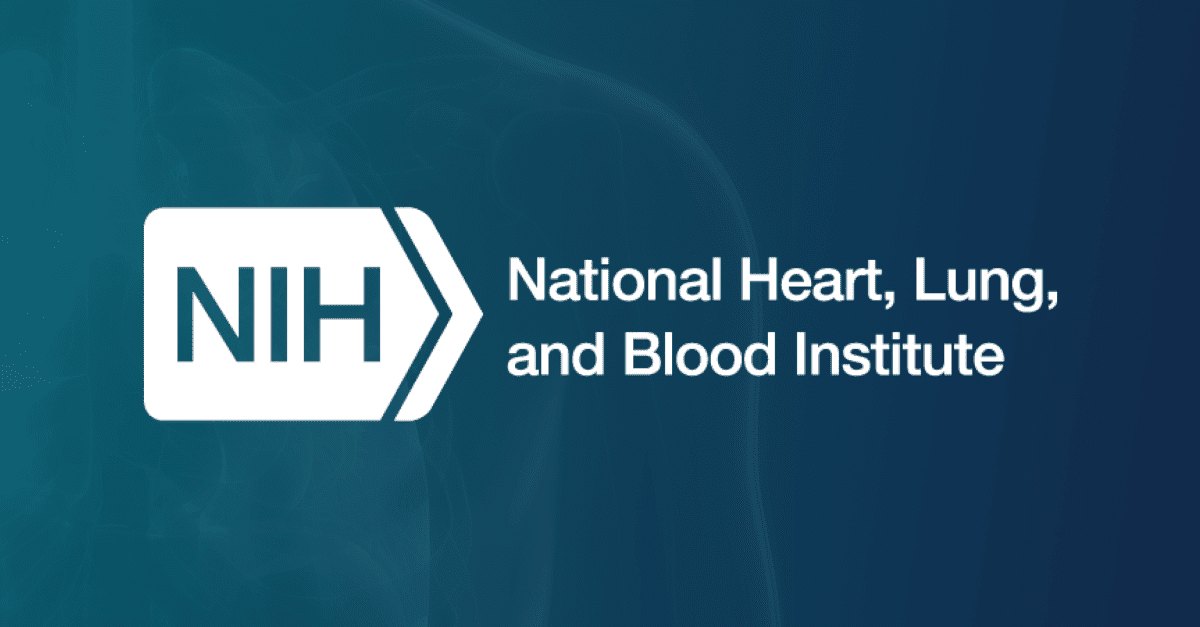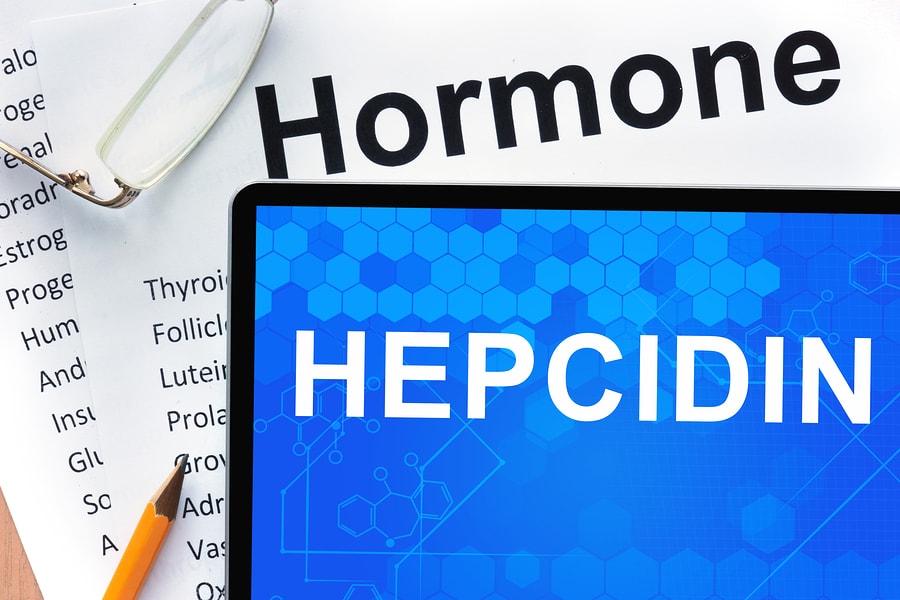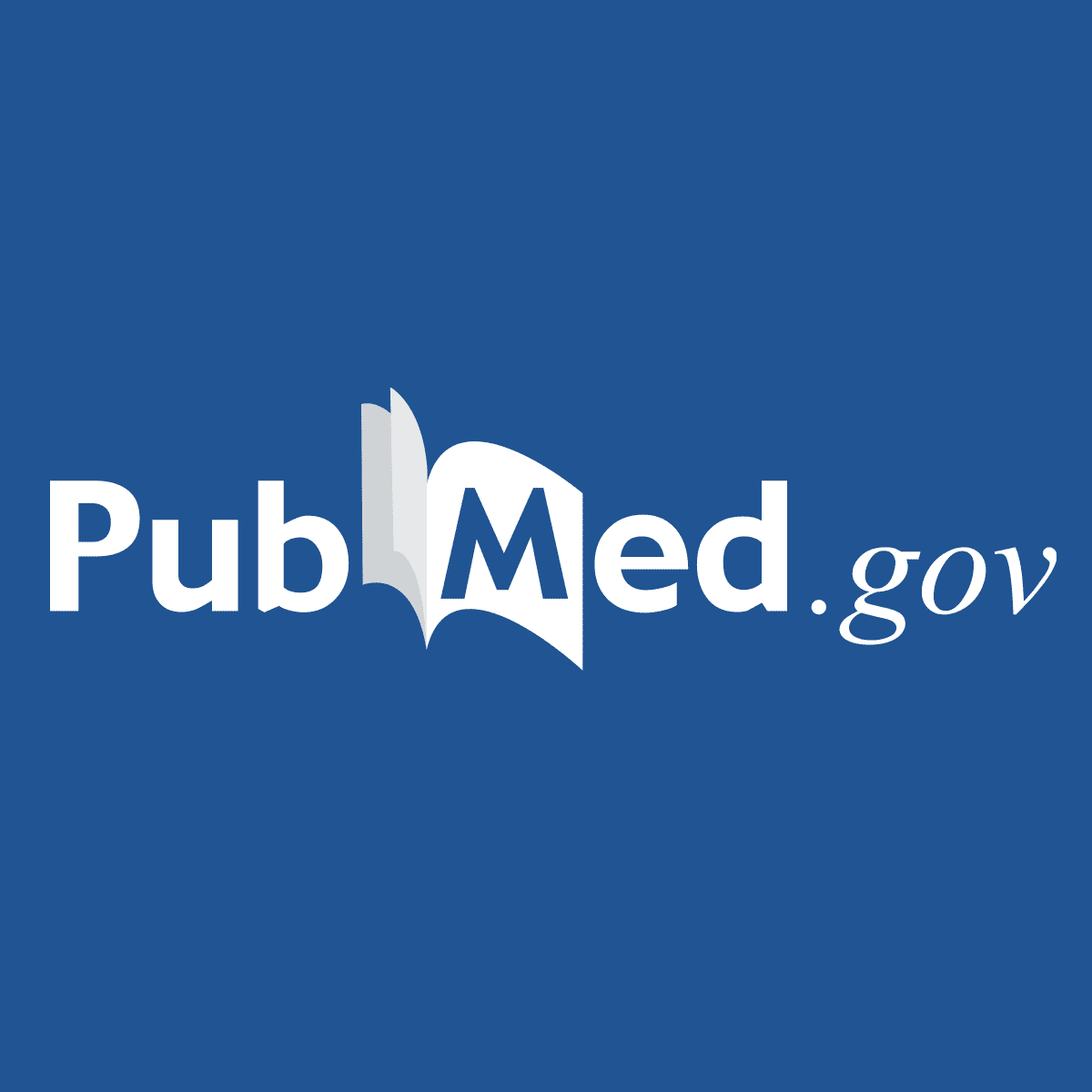Mauritio
Member
- Joined
- Feb 26, 2018
- Messages
- 5,669
I've read people discussing on this forum about whether Vitamin E actually depletes live iron stores or only protects against its damage (ferroptosis) .
This study is pretty clear on what's going on: Vitamin E depletes liver iron stores (in mice), which is shown through a bunch of blood markers.
The dosage they used was pretty hefty, so that should be taken into account. The control dosage actually seems like a more reasonable dose. They used a-tocopherol.
"The Vit E-fed mice exhibited lower levels of liver nonheme iron (38% reduction, P < 0.0001) and ferritin (74% reduction, P < 0.01) than control-fed mice. The levels of liver mRNA for transferrin receptor 1 and divalent metal transporter 1 were reduced to 42% and 57% of the control, respectively. The mRNA levels for targets of nuclear factor erythroid 2-related factor (Nrf2), a major regulator of the oxidative stress response and iron-responsive genes, were also suppressed in vit E livers. Hepcidin, an iron regulatory hormone, levels were lower in the plasma (P < 0.05), and ferroportin (FPN), the iron exporter regulated by hepcidin, was expressed at higher levels in the liver (P < 0.05).
Conclusions: Oral vit E supplementation in mice can lead to depletion of liver iron stores by suppressing the iron- and redox-sensing transcription factor Nrf2, leading to enhanced iron efflux through liver FPN. Iron depletion may indirectly enhance the antioxidative effects of vit E."
- Vitamin E Induces Liver Iron Depletion and Alters Iron Regulation in Mice - PubMed
This study is pretty clear on what's going on: Vitamin E depletes liver iron stores (in mice), which is shown through a bunch of blood markers.
The dosage they used was pretty hefty, so that should be taken into account. The control dosage actually seems like a more reasonable dose. They used a-tocopherol.
"The Vit E-fed mice exhibited lower levels of liver nonheme iron (38% reduction, P < 0.0001) and ferritin (74% reduction, P < 0.01) than control-fed mice. The levels of liver mRNA for transferrin receptor 1 and divalent metal transporter 1 were reduced to 42% and 57% of the control, respectively. The mRNA levels for targets of nuclear factor erythroid 2-related factor (Nrf2), a major regulator of the oxidative stress response and iron-responsive genes, were also suppressed in vit E livers. Hepcidin, an iron regulatory hormone, levels were lower in the plasma (P < 0.05), and ferroportin (FPN), the iron exporter regulated by hepcidin, was expressed at higher levels in the liver (P < 0.05).
Conclusions: Oral vit E supplementation in mice can lead to depletion of liver iron stores by suppressing the iron- and redox-sensing transcription factor Nrf2, leading to enhanced iron efflux through liver FPN. Iron depletion may indirectly enhance the antioxidative effects of vit E."
- Vitamin E Induces Liver Iron Depletion and Alters Iron Regulation in Mice - PubMed




